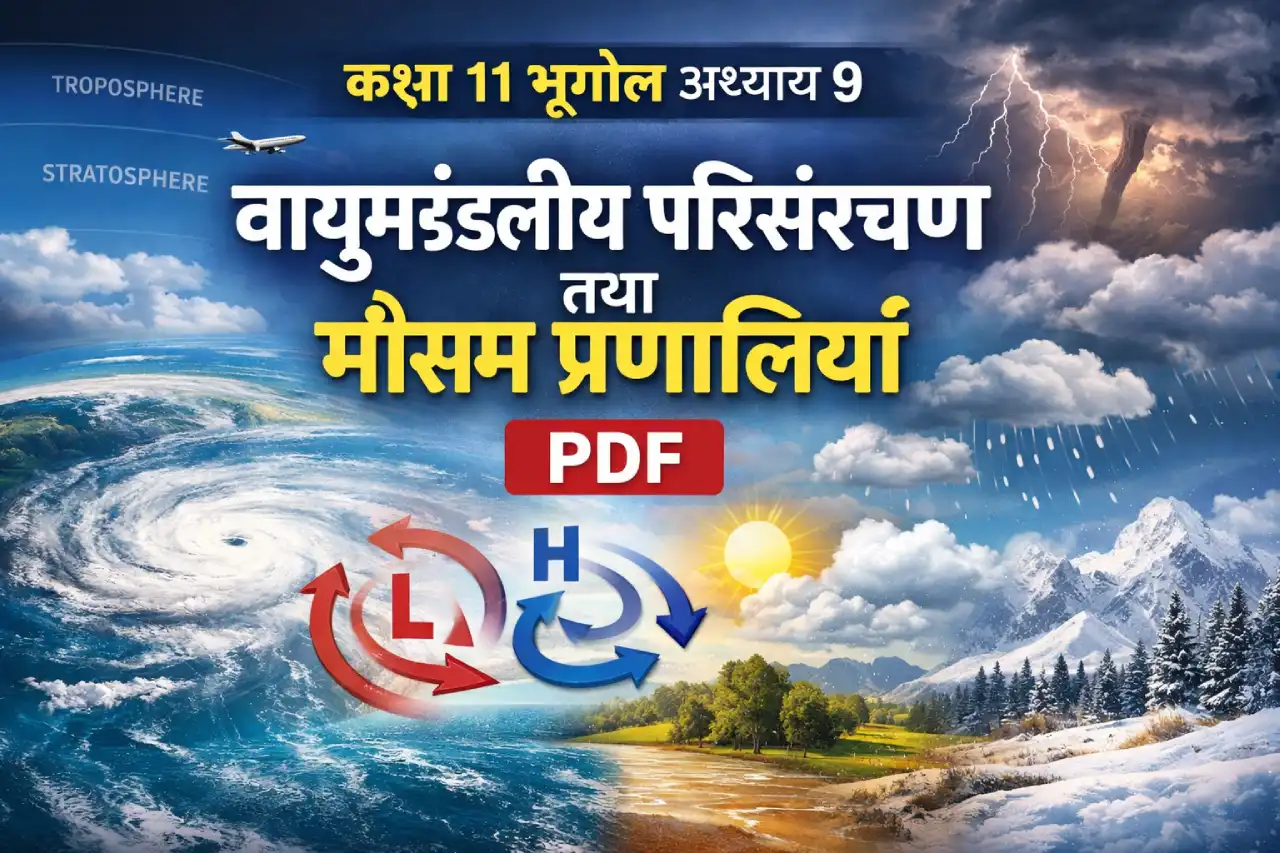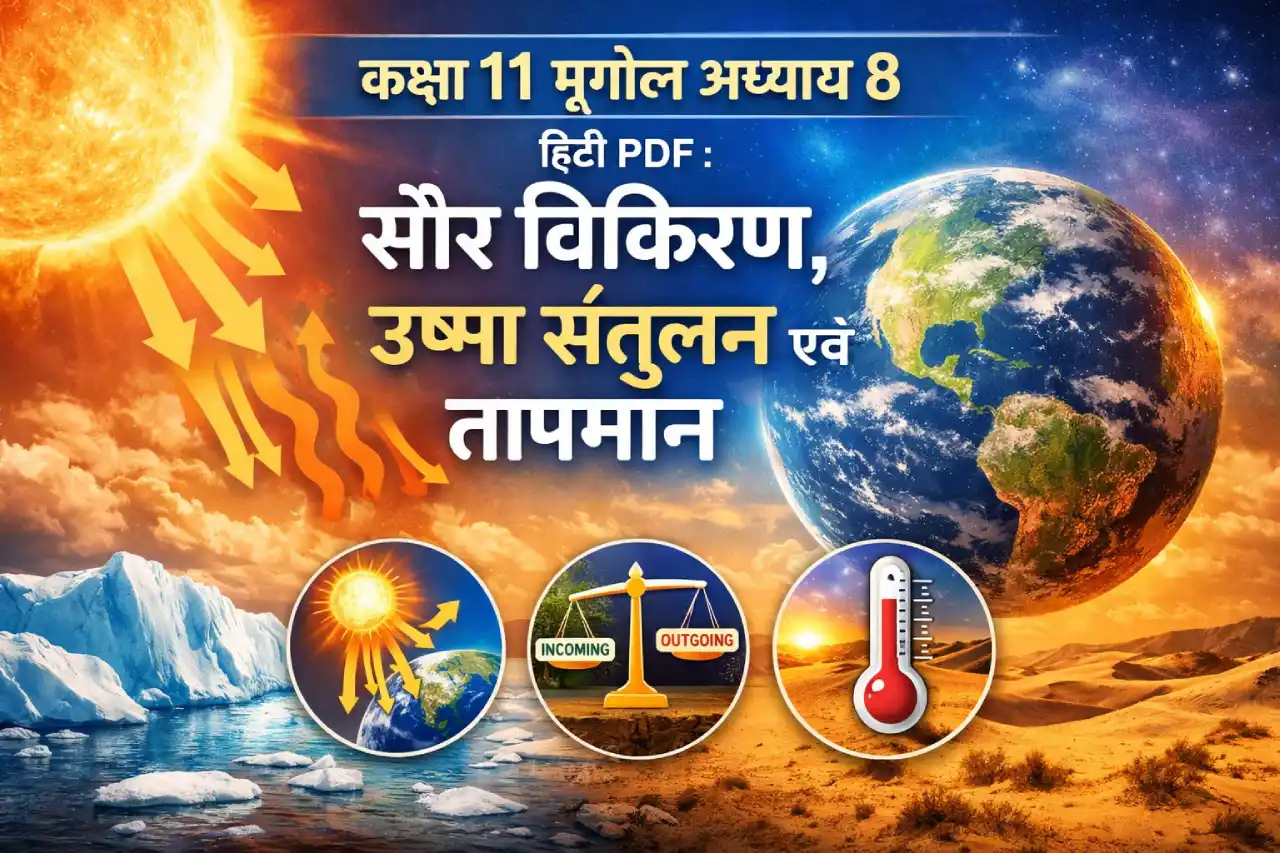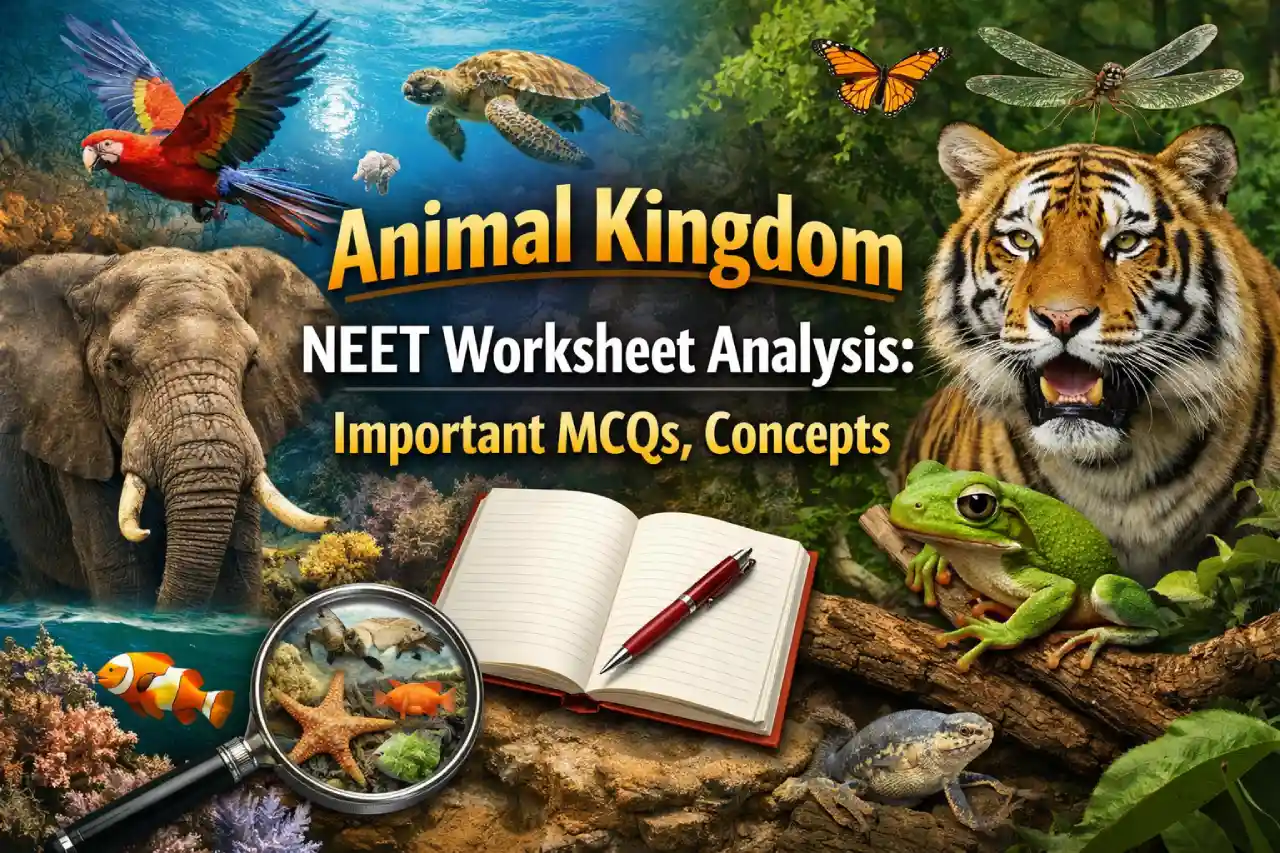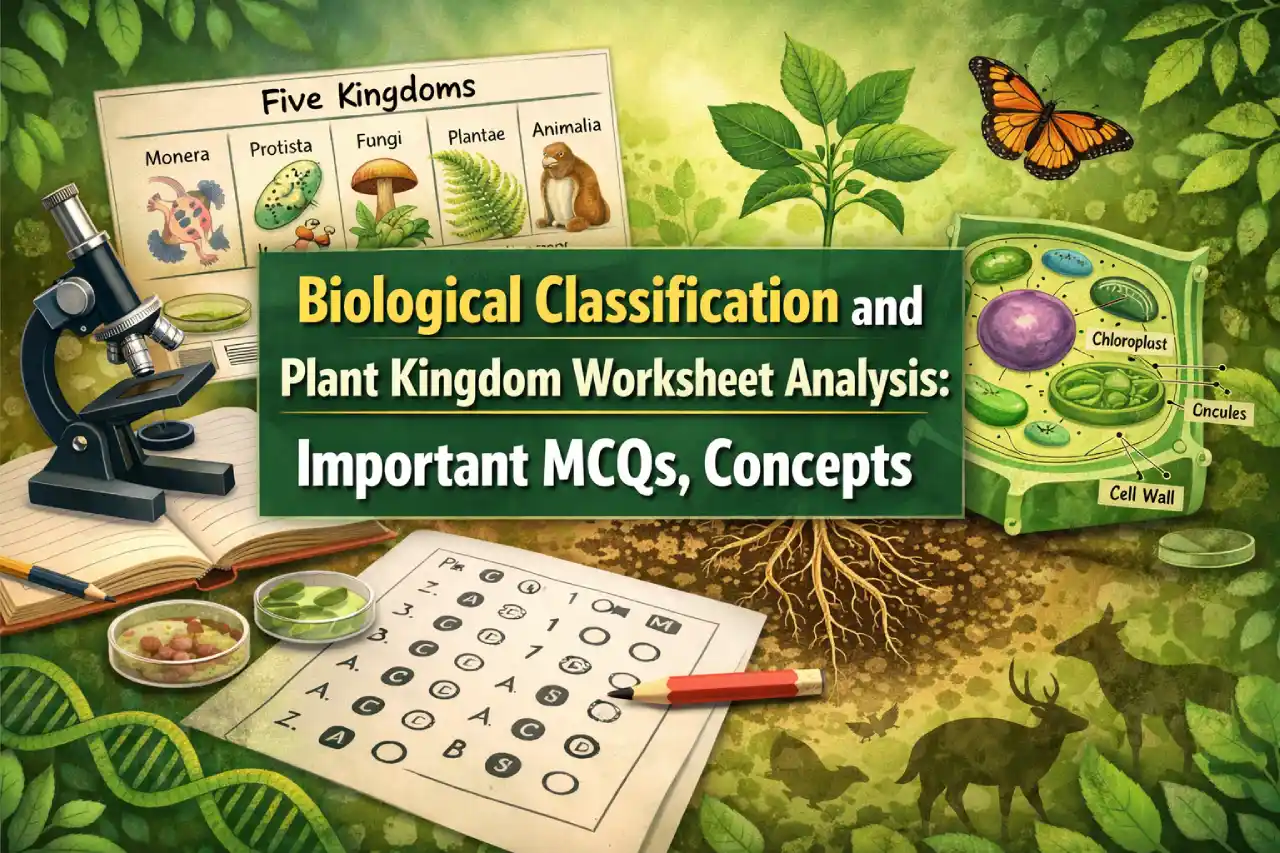Chapter 6 of NCERT Class 12 Geography (Fundamentals of Human Geography) introduces students to Tertiary and Quaternary Activities. These are the backbone of service-based economies, focusing on services like education, banking, transport, and high-level research. The chapter breaks down how the economy is not just about agriculture or industries, but also about providing services and knowledge that support growth in all other sectors. It highlights how technology and skilled human resources have changed the way the world works today.
I decided to write about this chapter because I feel it reflects the kind of work many of us see around us – jobs that are not linked to farming or manufacturing, but to services like software, education, healthcare, and even consulting. These are the sectors that many students aspire to work in, and understanding their role is important. Many questions in CBSE board exams and competitive tests often relate to the classification and examples of such economic activities. So having clear notes and a proper PDF for revision is helpful for anyone serious about scoring well and staying informed.
What Are Tertiary and Quaternary Activities?
Tertiary and quaternary activities are part of the service sector. Unlike primary (farming, mining) and secondary (industry), these activities don’t produce physical goods but provide services.
Tertiary Activities (Service Sector)
These include all kinds of services that support everyday economic activity.
Examples:
- Transportation
- Trade and Commerce
- Communication
- Tourism
- Healthcare
- Banking and Finance
- Education
Key Points:
- Location of services depends on demand, not on natural resources.
- Urban areas usually have more concentration of these activities.
- Globalisation has boosted the tertiary sector, especially in India.
Quaternary Activities (Knowledge-Based Sector)
These are high-level services that involve intellectual work rather than manual or routine jobs.
Examples:
- Research and Development (R&D)
- Information Technology (IT)
- Education services (like online learning)
- Consultancy
- Data analysis
Important to Know:
- Quaternary jobs are usually well-paid and require advanced education.
- Countries like the US, Japan, and India have seen rapid growth in this sector.
- Bangalore, Hyderabad, and Gurugram are India’s major IT and quaternary hubs.
Differences Between Tertiary and Quaternary Activities
| Aspect | Tertiary Activities | Quaternary Activities |
|---|---|---|
| Nature | Basic services | High-level knowledge services |
| Skill level | Medium | High |
| Examples | Banking, transport | IT, R&D, data analysis |
| Location | Spread across urban areas | Concentrated in tech and education centres |
Download PDF: NCERT Class 12 Geography Chapter 6 – Tertiary and Quaternary Activities
If you’re looking for the official NCERT PDF for this chapter, you can directly access it from here:
NCERT Class 12 Geography (Fundamental of Human Geography) Chapter 6: Tertiary and Quaternary Activities



















